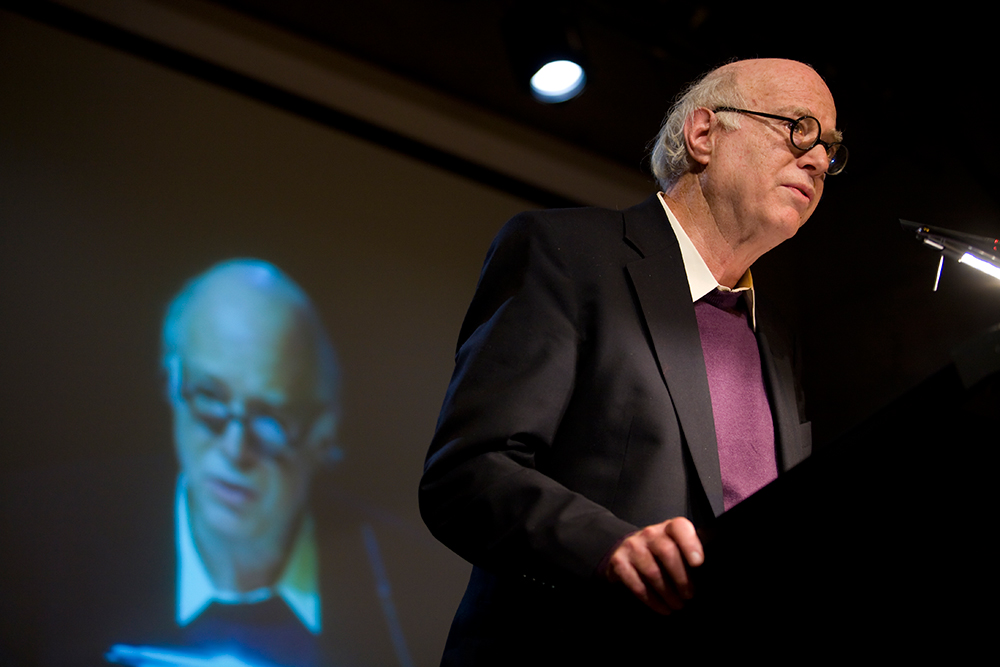The Barcelona Debate is back, and with it we are inaugurating our programme of lectures for the year. With “Open City”, we resume one of the CCCB’s longest-standing traditions with a series of sessions that each year proposes reflection on a different key aspect of contemporary life through a multidisciplinary approach. In recent years our debates have placed the accent on the crisis and uncertainty about the future, civic virtues, and life in common, with thinkers such as Tzvetan Todorov, Nancy Fraser, Zygmunt Bauman, Marina Garcés, Salvador Cardús, Avishai Margalit, Saskia Sassen, Eva Illouz, Orhan Pamuk, Anna Cabré and Antonio Tabucchi.

Richard Sennett CCCB © Miquel Taverna, 2009
Sennett impartirà una de les conferències del debat “Ciutat Oberta”
Why “Open City” now? The CCCB wants to take part in commemorating the Tercentenary of the siege of Barcelona by contrasting the closed city surrounded by the enemy with the open city, whose citizens do not live under a shadow that threatens their freedom.
Since its origins, the city has been associated with democracy because of its potential for liberty, equality and pluralism. In the open city, anything that is different, ambivalent or divergent, does not remain outside its boundaries, but forms part of urban life, it is the very condition of its existence. And the truth is that cities are contradictory spaces by nature: we want them to be a home, a welcoming place for meetings and exchanges, but this openness inevitably leads to uncertainty, conflict and ambiguity. In the open city there is coexistence but also friction, novelty but also risk. It is a place where there is constant tension between the desire to control and freedom, where the contradictions of the contemporary city are made manifest. For this reason, the open city is, above all, a tool for thinking; an aspiration, a utopian state, an ideal horizon. It enables us to dream about the city as a space of emancipation and imagine other ways of coexisting and, simultaneously, it provides evidence of the logic of exclusion, survival strategies and the unavoidable disagreements that are a result of life in common.
Over a nine-week period, we will be asking what makes an open city possible today, and what endangers it. Among other issues, we will discuss the risks and potential of new technologies, cultural and linguistic diversity, the boundaries between the public space and private space and the city’s real and imaginary limits.







